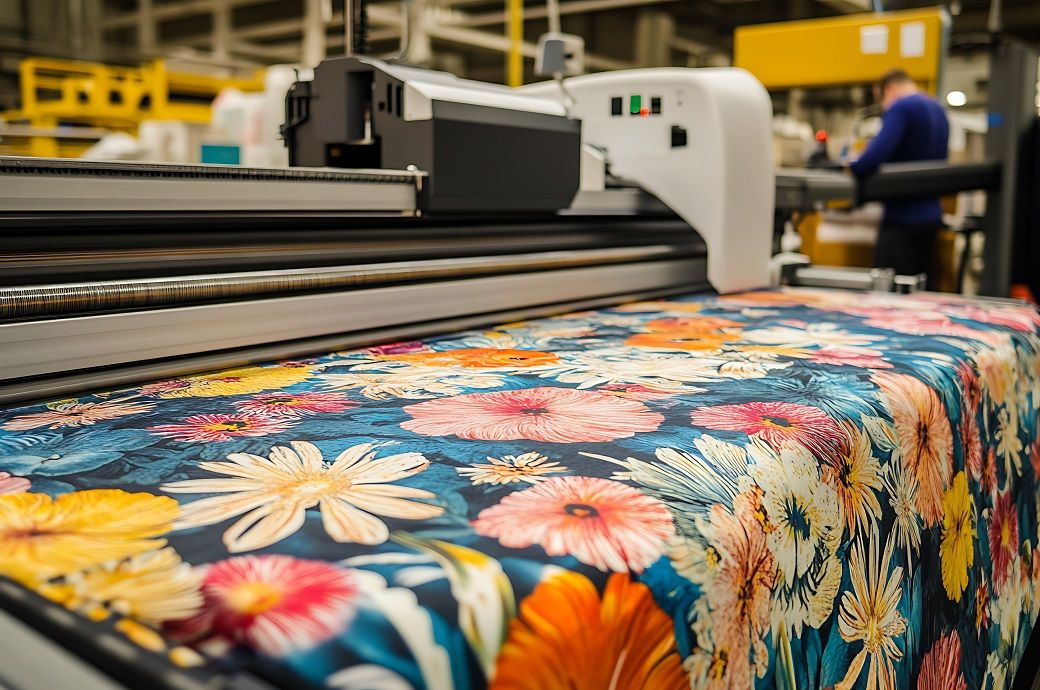
The improved sentiment was largely driven by manufacturers' more positive outlook on production in the coming months. The assessment of stocks of finished products also showed marginal improvement, although it remained in negative territory. Conversely, views on order positions weakened slightly, reflecting ongoing challenges in the industrial sector.
Producer confidence improved in more than half of the main industrial sectors in November, with the textiles, clothing, and leather sector showing a marked improvement, rising to 1.9 from -1 in October, indicating a shift to positive sentiment within the sector.
In the broader economic context, Dutch manufacturing output continued to contract, declining by 3.3 per cent in September 2024 compared to the same month in 2023. This marked the 15th consecutive month of contraction. Despite this, exports grew by 3.0 per cent in September, driven by increases in food, beverages, tobacco, and chemical products.
The Dutch economy recorded a growth of 0.8 per cent in Q3 2024, supported by increased household and public spending. However, the labour market showed signs of softening, with the number of vacancies declining for nearly two years. In Q3, vacancies fell by 5,000 to 397,000. Meanwhile, unemployment remained unchanged in October, with 3.7 per cent of the labour force out of work.
While producer confidence has shown signs of recovery, it remains in negative territory, reflecting ongoing uncertainties. The combination of declining manufacturing output and robust export growth highlights a complex economic environment, suggesting that the outlook for the Dutch economy in the coming months remains cautious.
Fibre2Fashion News Desk (KD)